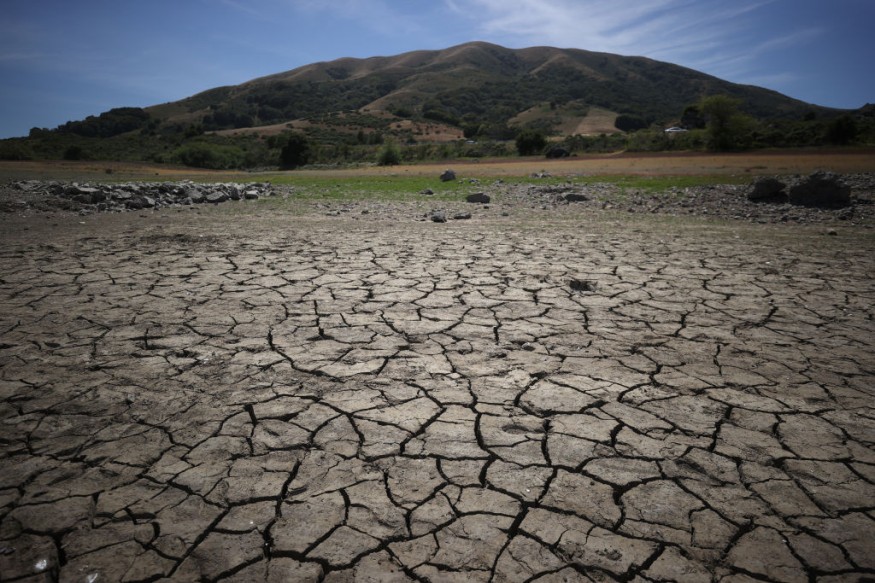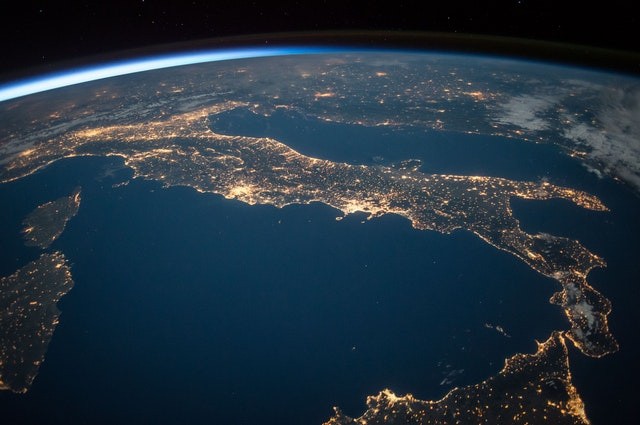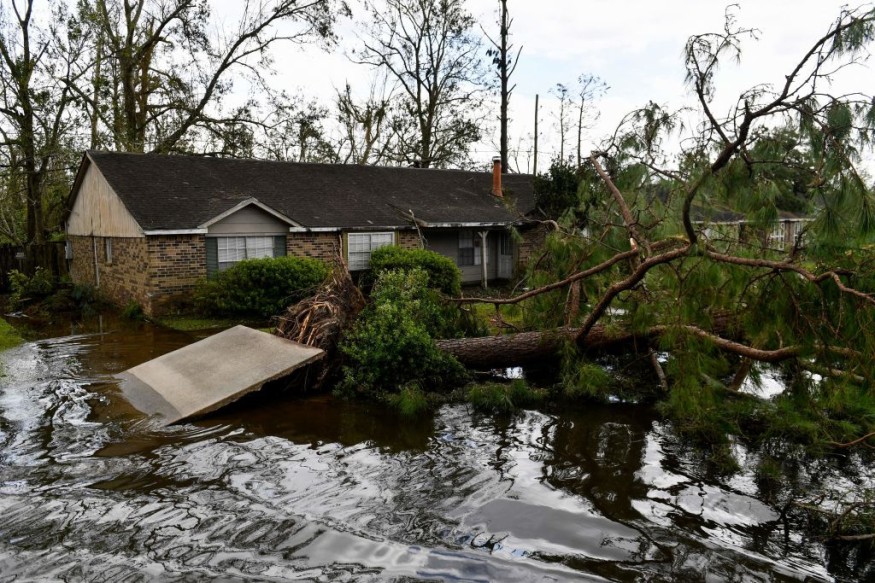Part of a scientist's duty in today's disinformation environment is to persuade the public about how science works. Making accurate, measured projections about the future is necessary to convince the public to believe in science. Is it possible to make accurate predictions about how the world will appear in 50 years?

Using Climate Models

For more than 50 years, scientists have depended on climate models. The models produce representations of physical conditions on Earth and simulations of the current climate using mathematical equations and hundreds of data points. To create longer-term projections, climate models incorporate increasingly more atmospheric, terrestrial, and oceanic factors.
Climate models forecast how typical circumstances in a region will change over the next few decades and how the climate was before people began to record it.
The first climate model was built more than 50 years ago in the early days of climate research. Temperature increases and alterations in the ocean and atmospheric currents were expected to contribute to climate change in the model. It aided scientists in determining how the ocean and atmosphere interacted to impact the climate.
Related Article : 2050 Earth Map Predicts Our Gloomy Future Brought by Climate Change
Climate Awareness .

According to a Pew Research Center poll, most Americans are already aware of the consequences of climate change in their environment. Individuals, corporations, and governments, on the other hand, must "adjust to a fundamentally and dangerously altering climate," according to Cascio.
Individuals must consider the climate in all of their major decisions, including whether or not to have children, which automobile to buy, how to invest, and when and where to buy a home. In addition, governments are making decisions that will significantly influence the future of entire countries, such as whether to invest in alternative energy or restrict greenhouse gas emissions.
Climate models are necessary for scientists to comprehend the future climate. Hausfather was the lead researcher in a study that looked at the accuracy of early climate models. According to the experts, the majority of the models were pretty accurate. Some of the conclusions were included in the Intergovernmental Panel on Climate Change report by the United Nations.
According to the researchers, 14 of 17 early climate models are "essentially similar" to the warming observed in the actual world. Given the lack of observable evidence of warming at the time, the precision is exceptionally unique. For example, the cooling impact of atmospheric aerosols was predicted by one of the earliest climate models established in 1971.
Developing Better Models
Despite the potential of climate models demonstrated by Hausfather's work, these models continue to have shortcomings, particularly regarding the unpredictability of future emissions. In addition, when climate models are pushed outside of their specified boundaries, accuracy issues occur. Climate models base their forecasts on physical circumstances observed in nature rather than statistical likelihood to counteract this.
Cascio and other futurists place scientific facts in the broader framework, making predictions based on climate change, new technology advances, and political and social movements, whereas climate scientists focus on physics to create projections for the future climate. Cascio defined futurism as "basically anticipatory history."
For more Environmental news updates, don't forget to follow Nature World News!
© 2025 NatureWorldNews.com All rights reserved. Do not reproduce without permission.





